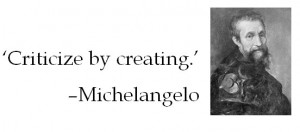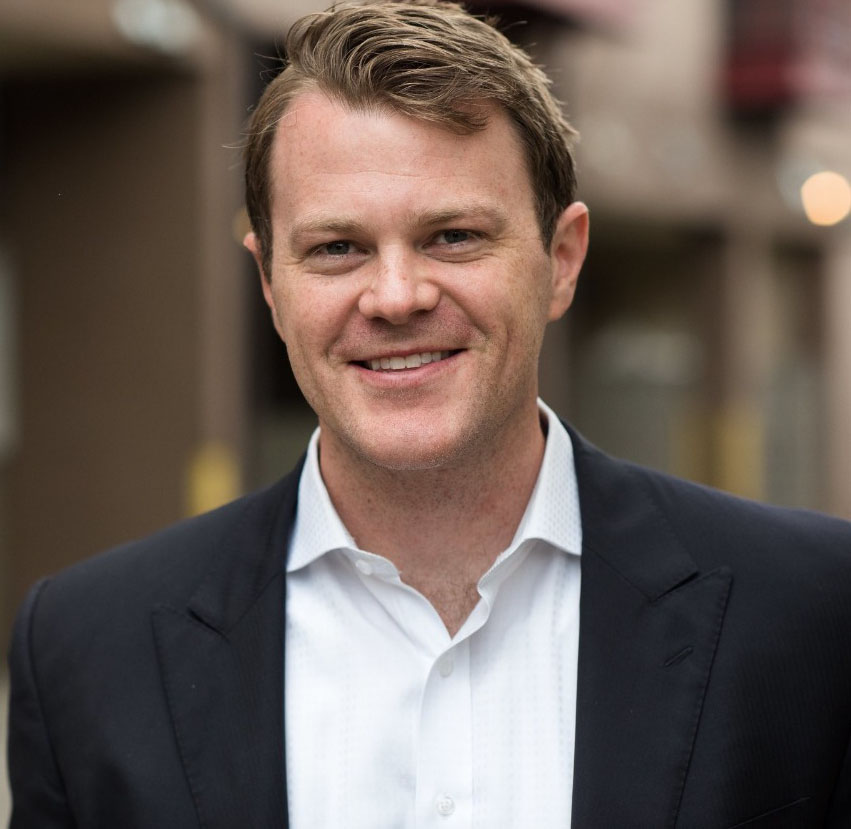
It was the last quarter of my MBA program at University of Denver. John Mackey, CEO of Whole Foods, was scheduled to be the final speaker in our Voices of Experience series. Others included the CFO of Home Depot, the whistlelblower in the Enron case, and the CEO of Seventh Generation (a sustainable household cleaning products company). Mackey’s appearance was also a huge event for the Daniels MBA – they were opening an entire new program called the Institute for Enterprise Ethics and he was the poster-child for profitable business with a positive ethical footprint.
So there we were – thousands packed into the Cable Center at DU, plus a separate auditorium for overflow to watch a live stream. MBAs, undergrads, alumni and faculty all waiting to hear John Mackey tell his story. And he was incredible! I was geeking out as he gave the history of Whole Foods and all the struggles they endured with floods, investors and an unproven concept. He explained how they ignore quarterly earnings for long term growth, how every team in a store functions as a business unit and the greater purpose that drives each employee. When he finished for the Q&A session, I was the first one at the mic. Mackey stared down at me from afar and I said, “I loved your talk tonight. One of our previous speakers from Seventh Generation said he regrets that his products aren’t affordable to lower-middle income families who probably need it the most. Do you ever have similar regrets with Whole Foods?” One of the moderators asked he repeat the question, and he exploded, ‘Yeah! Basically this kid said we only sell to rich people and he asked if I regret that or thinks it’s a problem.’ He turned to me, “You’re a business student, right?! That’s your problem! You go solve it!” Mackey continued his scalding to explain how a raw diet shopper at Whole Foods actually spends less than they would at Kroger or Wal-Mart and how they serve all neighborhoods and incomes across the country. Then he said, “I never studied business in college, I was a philosophy major. You know what Michelangelo said?! ‘Criticize by creating.’ That’s what we’ve done. If you think our prices are too high, go do something about it!”

Silence. There was a hush that moved over the crowd as I slumped back to my seat thinking, ‘What an ‘a%%EDITORCONTENT%%amp;-hole.’ A real certified, fair trade organic jerk. But once my bitterness subsided and I thought about his comment, it’s been one of the best lessons I’ve ever learned. Criticize by creating. Any time I see an issue at work, with a team, as a consumer, or in my relationships – I have to stop and ask myself if I’m simply pointing out problems or creating a solution. It’s a simple mindset but definitely not a simple task. It’s human nature and always easier to point out what is wrong. But reminding and challenging oneself seemed to work for this Michelangelo character and the guy who started the empire that is now Whole Foods.

Do you criticize or create? Do you know a person or business who’s done a great job to create a solution to a problem? Feel free to comment, criticize, ask questions, or get your #hashtag on. And tune in next week when I explain why I’m Indebted To My Former Debts.


